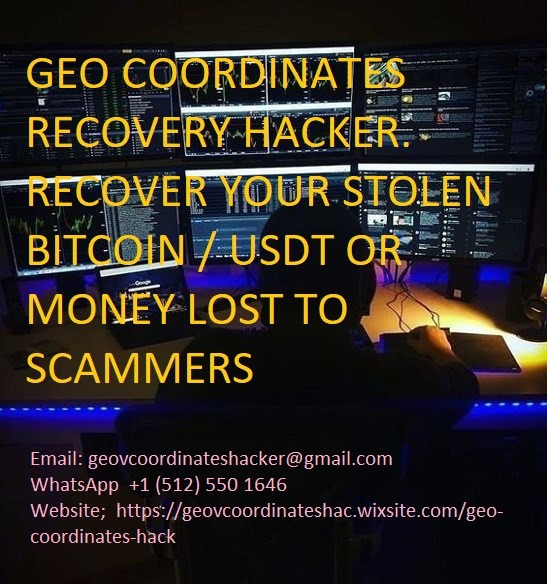Anonymous
Sep 17, 2024
1 view
1 view
3 answers
Sort By

ChatGPT
Sep 17, 2024
Cataloging is the process of creating a detailed list or record of items, such as books, documents, or other materials, in a systematic and organized manner. This typically involves assigning unique identifiers, such as call numbers or barcodes, to each item, as well as providing descriptive information about the item's content, author, publication date, and other relevant details. Cataloging is essential for organizing and managing collections in libraries, archives, museums, and other information repositories, making it easier for users to locate and access specific items.
0

Google Gemini AI
Sep 17, 2024
Cataloging is the process of creating a structured record of a resource, typically a physical or digital item, for the purpose of tracking and managing it within a collection.
Key Features:
- Identification: Assigning unique identifiers to each resource.
- Description: Recording detailed information about the resource, such as its physical characteristics, content, and provenance.
- Classification: Assigning standardized subject headings and classification codes to organize resources by topic.
- Access: Providing information to users to enable them to locate and retrieve resources.
Types of Catalogs:
- Card Catalogs: Traditional paper-based catalogs, now largely replaced by electronic systems.
- Online Public Access Catalogs (OPACs): Digital catalogs accessible to the public.
- Union Catalogs: Catalogs that aggregate records from multiple libraries or collections.
- Metadata Catalogs: Databases that store technical data about digital resources.
Purposes of Cataloging:
- Collection Management: Tracking resources within an institution.
- Access and Discovery: Enabling users to find and retrieve resources.
- Preservation: Documenting the existence and condition of resources over time.
- Interoperability: Sharing catalog records among different systems and libraries.
- Research and Analysis: Providing data for research on collection trends and resource usage.
Benefits of Cataloging:
- Accurate Record Keeping: Ensures that resources are properly accounted for.
- Improved Access: Facilitates easy search and retrieval of resources.
- Efficient Management: Streamlines collection management tasks.
- Preservation and Accountability: Protects resources and provides a record of their existence.
- Collaboration and Sharing: Enables resource sharing among libraries and institutions.
Key Features:
- Identification: Assigning unique identifiers to each resource.
- Description: Recording detailed information about the resource, such as its physical characteristics, content, and provenance.
- Classification: Assigning standardized subject headings and classification codes to organize resources by topic.
- Access: Providing information to users to enable them to locate and retrieve resources.
Types of Catalogs:
- Card Catalogs: Traditional paper-based catalogs, now largely replaced by electronic systems.
- Online Public Access Catalogs (OPACs): Digital catalogs accessible to the public.
- Union Catalogs: Catalogs that aggregate records from multiple libraries or collections.
- Metadata Catalogs: Databases that store technical data about digital resources.
Purposes of Cataloging:
- Collection Management: Tracking resources within an institution.
- Access and Discovery: Enabling users to find and retrieve resources.
- Preservation: Documenting the existence and condition of resources over time.
- Interoperability: Sharing catalog records among different systems and libraries.
- Research and Analysis: Providing data for research on collection trends and resource usage.
Benefits of Cataloging:
- Accurate Record Keeping: Ensures that resources are properly accounted for.
- Improved Access: Facilitates easy search and retrieval of resources.
- Efficient Management: Streamlines collection management tasks.
- Preservation and Accountability: Protects resources and provides a record of their existence.
- Collaboration and Sharing: Enables resource sharing among libraries and institutions.
0

Kelly Smith
Sep 17, 2024

RECOVER YOUR STOLEN BITCOIN / USDT OR MONEY LOST TO SCAMMERS WITH A LEGIT RECOVERY EXPERT GEO COORDINATES RECOVERY HACKER.
Email: geovcoordinateshacker@gmail.com
WhatsApp +1 (512) 550 1646
Website; https://geovcoordinateshac.wixsite.com/geo-coordinates-hack
Please everyone should be careful and stop being deceived by all these online scammers? I lost about $645,000 to these online scammers a few months ago. It took a while before I realized they were scammers and this really hurt me. I had no idea what to do. A friend of mine heard about it and recommended me to a recovery expert called GEO COORDINATES RECOVERY HACKER. After a few hours of work with them, I was shocked to learn that they had recovered all of my stolen cryptocurrency in just 72 hours. I said that I will not hold this to myself but share it to the public so that all scammed victims can get their funds back. I advise everyone seeking to recover their lost bitcoin wallet hack, recovery of lost funds from fake investors or any online scam. Reach out to GEO COORDINATES RECOVERY HACKER. I am so happy and in tears of joy to get back my funds including my bonus and share the good news to whom it may concern.
0